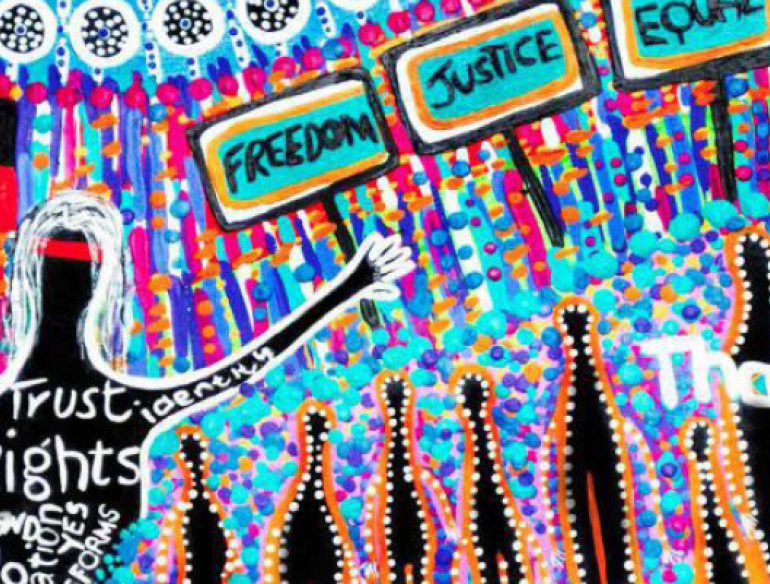Location:
Berg Family Foundation Seminar Room, Level 6, Wallace Wurth Building, Kensington Campus, UNSW Sydney
Contact for enquiries
Luci Bamford, events@kirby.unsw.edu.au
Booking
https://unswmed-ki-naidoc.eventbrite.com.au
UNSW Medicine and the Kirby Institute are pleased to invite you to attend a special seminar for NAIDOC week.
Drawing on the theme for this year’s NAIDOC ‘Because of her, we can!’, this event brings together female Aboriginal and Torres Strait Islander researchers who are making an impact by improving health and justice for Indigenous populations. Aboriginal people and communities are a priority population for research conducted in UNSW Medicine. The Kirby Institute manages a range of Aboriginal research projects including HIV, viral hepatitis and STI clinical interventions in Aboriginal Community Controlled Health Services, prisoner health surveys, behavioural surveys, national disease surveillance, training, education and policy development.
This event will commence with the performance of a Land Clearing Dance and the opportunity for attendees to sample bush tucker food provided by Shared Knowledge. Presentations at the seminar will focus on community-led justice initiatives, how the ‘social’ influences Indigenous health, Indigenous perspectives on data in research, and how to make health research more culturally appropriate.
Registrations are essential. Please register here by COB Friday 6 July.
Speakers include:
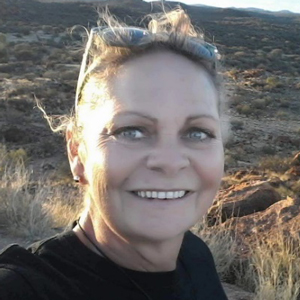 |
Ms Walbira Murray Walbira Murray, from the Gomeroi Nation in South West Queensland, has extensive experience in developing and facilitating community based programs and events in conjunction with Aboriginal communities and people across Australia. Walbira has been a Research Officer with the Central Australia Aboriginal Congress for 2.5 years, and has recently completed her Evidence-based Clinical Fellowship Program with the Joanna Briggs Institute. Talk: I will be presenting on “Aremella Arratyenye-Illeme Doing It Right - ” a Knowledge Translation project, a project where all voices and perspectives are equal. …the mixing of western and Aboriginal knowledge, strengths and ways of working. The project uses traditional Aboriginal concepts, learning and teaching styles, and is embed in the Honey Ant story. Honey ants hold special meaning for many Central Australian Aboriginal people, Honey Ants are Dreaming, medicine, food, recreation, and resource repository’s (food) that all other ants in the colonies can access. Doing it Right is also looking at best practise for authentic research practices, including Aboriginal communities driving the research agenda. |
|
 |
||
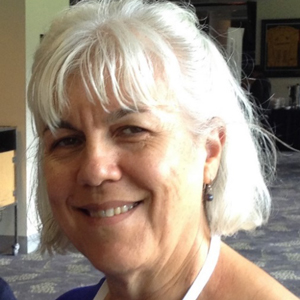 |
Dr Jill Guthrie Dr Jill Guthrie is a descendant of the Wiradjuri descendant people of central western New South Wales. She has for some twenty years worked in the public health research area. More recently her work has focused on the relationship between health and justice with a specific interest in the research methodology and philosophy of Justice Reinvestment (JR). This included involvement in both the NHMRC-funded projects, Broome to Berrima capacity building grant and its successor the Centre for Research Excellent in Offender health. From 2013–2016, she led an ARC-funded JR research project with the Cowra community. This has included close involvement in the research translation phase where together with key Cowra stakeholders, she made a submission to the local State member for Cootamundra (the electorate in which Cowra is located). Negotiations are continuing regarding any decisions by the NSW government to conduct a JR trial in the town. Talk: Jill will talk about her work experiences over the past twenty years, with development of JR research methods and approaches in Australia. Justice Reinvestment (JR) is an innovative policy idea that is gaining traction in Australia. JR can be conceived of as both a philosophy for justice reform and a set of strategies that seek to examine incarceration spending. JR diverts funding that would typically be spent on incarceration and reinvests it into health and social interventions with the objective of reducing offending in the socio-demographic groups and communities that disproportionately contribute to prison populations. JR is predicated on an understanding that over-incarceration impacts communities in ways that perpetuate cycles of crime. As a systems-based approach, JR encompasses a comprehensive range of service provision areas such as health, housing, employment, justice, family support, mental health and alcohol and other drug use services. It impels policymakers to consider the implications of current punitive policies that result in higher levels of incarceration—particularly of Indigenous Australians—and to consider how funding could instead be directed towards addressing the social determinants of incarceration. Crime and incarceration inflicts considerable social and economic burdens on offenders, their families and their communities. There are therefore compelling social justice and economic arguments in favour of tackling this serious public policy issue. |
|
 |
||
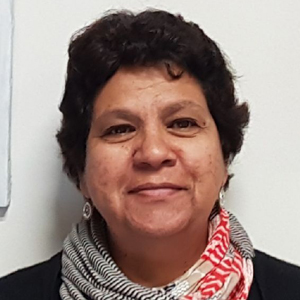 |
Dr Jocelyn Jones Jocelyn is a Nyoongar woman, with Wadjuk, Ballardong and Palyku connections to the land in WA. Ms Jones is a PhD candidate and holds a Masters in Applied Epidemiology. Ms Jones has extensive experience working in health and justice and has worked in both Aboriginal community controlled health services and in senior management positions with the Western Australian Department of Health. Jocelyn is a current member of the Ombudsman’s advisory group, official visitor for the WA Office of the Inspector of Custodial Services and has served on the Prisoner’s Review Board. She has contributed to various national committees including the NHMRC Indigenous research panel and is an investigator on a number of interstate research collaborations. Her areas of research interest are prisoner health, Aboriginal health, child protection and juvenile justice. Talk: Jocelyn will be talking about the Social and Cultural Resilience and Emotional Wellbeing of Aboriginal Mothers in Prison Project and research outcomes of this project helped inform the Beyond Violence Intervention Program for incarcerated women. |
|
 |
||
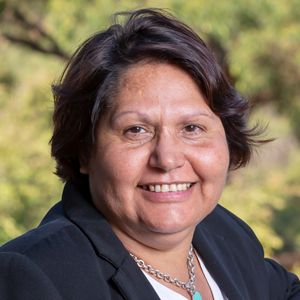 |
Dr Anne-Marie Eades Dr Anne-Marie Eades is a UNSW Scientia Fellow with the Faculty of Medicine. She is a Noongar woman, her father a Wiilman man and mother a Minang woman from the South West of Western Australia. Dr Eades’ research interests relate to the role of psychosocial factors in chronic disease and building resilience in Aboriginal and Torres Strait Islander health. She has a particular interest in women’s issues and exploring strategies to prevent the revolving door of children in out of home care to improve health outcomes. Dr Eades has a background in Nursing and her PhD study relates to Understanding how individual, family, and societal influences impact on Indigenous women’s health. |
|
 |
||
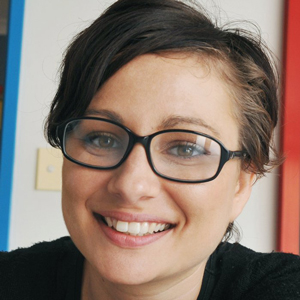 |
Dr Kalinda Griffiths Dr Kalinda Griffiths is a Yawuru woman. Her traditional country is Broome in Western Australia. She currently lives in Darwin. Kalinda is an epidemiologist, recently receiving a UNSW Scientia Fellowship with the Centre for Big Data Research in Health. Kalinda has worked in health research for over 20 years in a range of roles and holds honorary positions with Menzies School of Health Research and the University of Sydney. She was the Northern Territory Young Australian of the Year in 2011 for her contributions to Indigenous health research. She is also Deputy Editor of the Health Promotion Journal of Australia. Her research currently addresses issues of quality and the utilisation of ‘big’ data pertaining to Aboriginal and Torres Strait Islander people. Her areas of focus include Indigenous identification and human rights, evidence-based approaches to Indigenous data governance as well as the measurement of health disparities, with a particular focus on cancer care and outcomes. |
If you have any enquiries, please contact Luci Bamford at events@kirby.unsw.edu.au.
